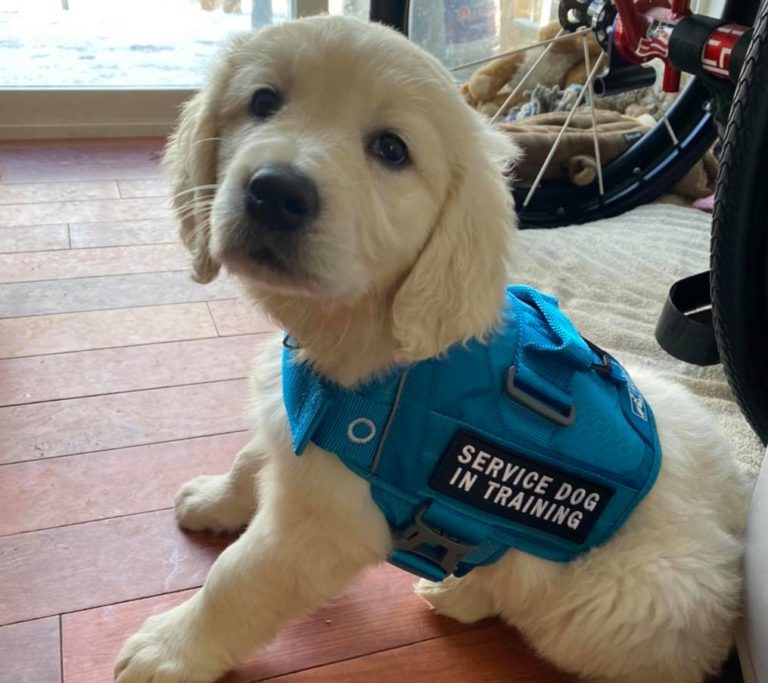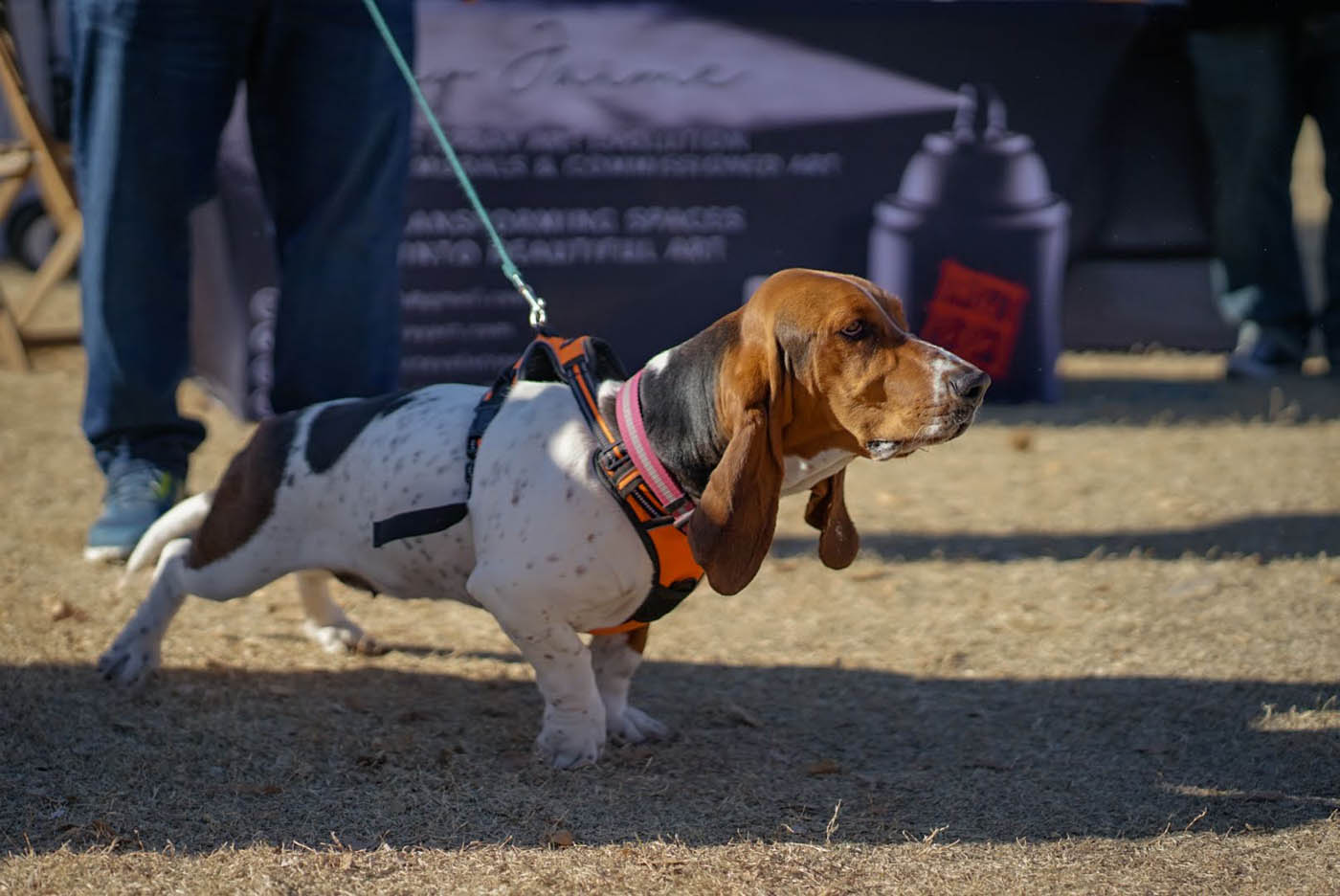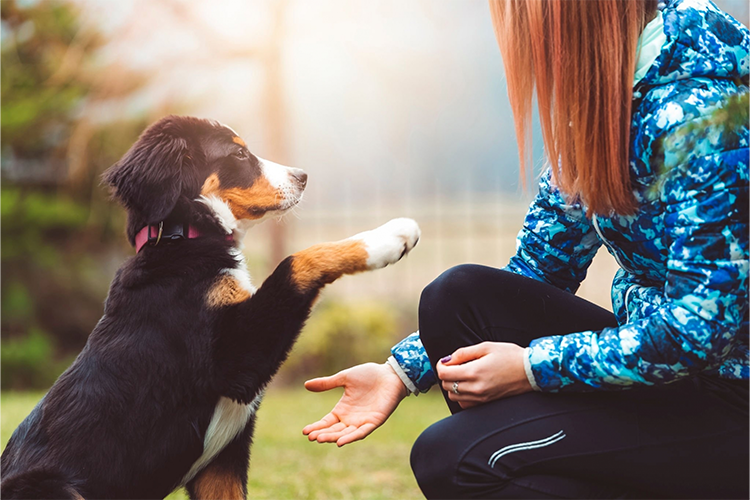Unlock Your Canine's Potential: Proven Dog Training Approaches for Success
Efficient dog training is a nuanced process that pivots on comprehending canine actions and employing clinically backed methods. By incorporating positive support, establishing clear commands, and focusing on socializing, dog owners can grow an effective relationship with their animals.
Recognizing Dog Behavior
Understanding pet habits is essential for efficient training and promoting a favorable partnership between dogs and their owners. A detailed understanding of canine body movement, articulations, and social interactions is critical for recognizing their emotions and needs. Canines interact mostly via non-verbal hints; as an example, a wagging tail may suggest enjoyment, while pinned ears can indicate anxiety or entry.

Additionally, environmental factors play a substantial role fit a pet's habits. Changes in regular, new environments, or the presence of strange individuals can bring about anxiety or stress and anxiety in dogs. Identifying these triggers enables proprietors to reduce damaging reactions and create ideal training methods.
Eventually, a deep understanding of canine habits lays the foundation for successful training approaches, improving both habits and the total bond in between the dog and its proprietor. dog training charlotte nc. This knowledge is crucial for fostering a well-adjusted, pleased canine companion
Positive Support Strategies
Effective training relies heavily on favorable support strategies, which have been shown to produce substantial lead to forming desired habits in pet dogs. This strategy involves awarding a pet dog for showing details habits, therefore increasing the possibility that these habits will certainly be duplicated. Incentives can take various forms, including treats, praise, toys, or playtime, depending upon what inspires the specific pet.

It is vital to progressively eliminate incentives as the dog discovers the actions, transitioning to intermittent support. This strategy preserves the actions in time while protecting against dependency on continuous incentives. By concentrating on positive support, trainers can cultivate a relying on partnership with their canines, advertising a healthy and balanced and cooperative training environment that enhances general obedience and performance.
Establishing Consistent Commands
A fundamental aspect of successful pet dog training is the facility of regular commands. Consistency in commands is critical for effective communication between the fitness instructor and the pet. When commands are uniform, canines discover to connect details words with wanted behaviors, which accelerates the training process and improves understanding.
To establish constant commands, it is necessary that all member of the family make use of the same terminology and gestures. For instance, if one individual makes use of "rest" while another says "take a seat," it can develop complication for the pet. Select clear, distinct words for commands and make certain everyone entailed in the pet's training complies with these selections.
Strengthen commands via constant method, ensuring that the pet receives ample possibilities to respond correctly. When a pet effectively follows a command, instant positive reinforcement needs to comply with.
Lastly, be person. Establishing regular commands takes some time and effort. With devotion and clarity, you will assist your canine develop a solid understanding of expectations, ultimately causing a well-behaved buddy.
Socializing and Exposure
Mingling a canine is essential for promoting a positive and well-adjusted friend. This process includes revealing your dog article to a range of settings, people, and other pets to create their social skills and versatility. Early socializing, preferably between the ages of three to fourteen weeks, is critical, as it lays the groundwork for a pet dog's future actions.
Throughout socializing, objective to supply favorable experiences in different settings, such as parks, active streets, and homes with various other animals. Introduce your pet to numerous stimuli, including noises, views, and scents, guaranteeing that each encounter is satisfying. This direct exposure aids mitigate concern and anxiousness, leading the way for a more website here resilient canine.
Participating in regulated team play sessions with various other pet dogs can additionally boost social abilities, educating your pet appropriate interactions and boundaries. Always monitor your dog's comfort level throughout these experiences, gradually enhancing exposure as their confidence grows. Remember, the goal is to create an all-around animal that flourishes in diverse situations, promoting a harmonious connection with both people and other pets. Focusing on socializing will significantly add to your pet's general happiness and actions throughout their life.
Overcoming Common Educating Difficulties

One more regular problem is disturbance. Dogs may have a hard time to focus in hectic or unknown settings. Gradually desensitize your canine to diversions by beginning training in a silent setting and gradually presenting even more stimulations as they come to be skillful (dog training charlotte nc). Favorable support methods, such as deals with and praise, can maintain motivation and focus.
Additionally, behavior concerns like jumping or extreme barking can end up being frustrating. Address these by teaching alternate behaviors, such as resting comfortably when welcoming guests. Uniformity and persistence are crucial; reinforce wanted habits consistently and stay clear of scolding, which can result in confusion.
Finally, acknowledge that each pet dog is distinct, and training timelines may differ. Tailor your approach to your pet dog's individual needs, and look for expert assistance if necessary. With determination and the appropriate methods, getting rid of these challenges can bring about a well-trained, satisfied canine buddy.
Conclusion
Finally, unlocking a pet dog's potential demands an extensive strategy that integrates an understanding of canine actions, the application of positive support methods, and the facility of consistent commands. Early socializing and direct exposure to diverse settings further improve a dog's versatility and self-confidence. By addressing typical training challenges with tailored approaches and persistence, a unified and participating partnership between pet dog and trainer can be fostered, eventually causing a mannerly buddy qualified of thriving in various circumstances.
Reliable dog training is a nuanced process that hinges on comprehending canine actions and employing scientifically backed methods.Understanding canine habits is crucial for efficient training and cultivating a favorable relationship between canines and their proprietors.Reliable training counts heavily on positive reinforcement methods, which have actually been revealed to produce substantial results in shaping wanted actions in pet dogs. When commands are consistent, dogs learn to associate specific words with desired behaviors, which accelerates the training process and improves understanding.
In final thought, unlocking a canine's potential necessitates an extensive method that integrates an understanding of canine behavior, the application look at these guys of positive support strategies, and the facility of constant commands.